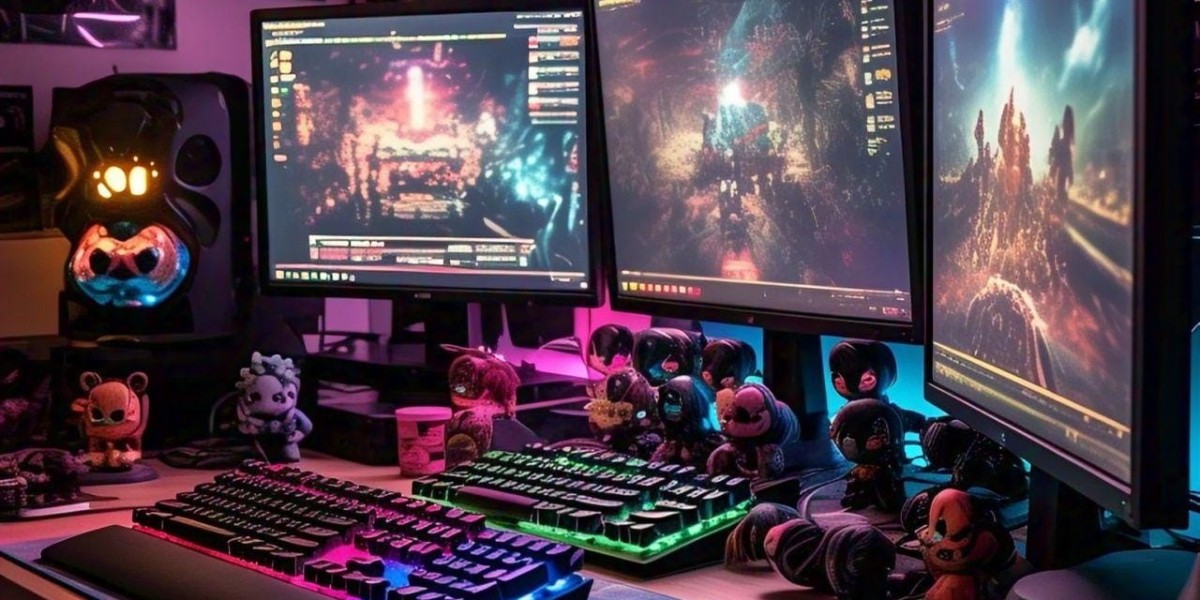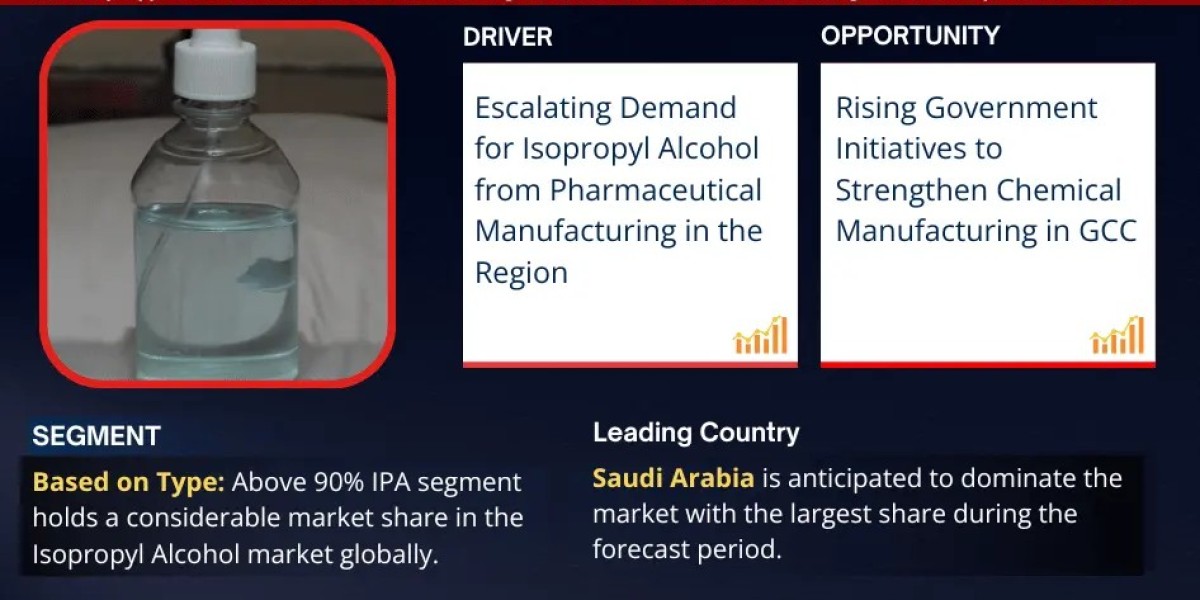Counter-Strike 2 (CS2), the highly anticipated successor to CS:GO, has brought with it improved graphics, mechanics, and an ever-growing competitive scene. However, with every new iteration of the game, the problem of cheating persists. Cheating in CS2, as in any competitive online game, is a controversial and divisive topic, with opinions varying from outright condemnation to reluctant acceptance. This article will explore the ethics of cheating in CS2, the role of software like Memesense, and the broader implications for the gaming community.
Understanding Cheating in CS2
Cheating in CS2 generally involves using third-party software to gain an unfair advantage over other players. These cheats range from aimbots (which provide perfect aim and accuracy) and wallhacks (which allow players to see through walls) to more subtle enhancements like recoil reduction scripts. Cheating undermines the integrity of fair play and can ruin the experience for honest players who dedicate time and effort to improving their skills.
The Role of Memesense and Other Cheat Providers
One of the well-known cheat providers in the Counter-Strike community is Memesense CS2 . It offers a variety of software solutions that claim to enhance gameplay through features that are undeniably classified as cheats. Companies like Memesense operate in a legal gray area, often justifying their services by claiming they are for "educational purposes" or "private use." However, their tools are widely used in public matchmaking and competitive games, leading to bans and penalties for those who use them.
Despite Valve’s anti-cheat measures (VAC), cheat providers continuously adapt, creating an ongoing cat-and-mouse game between developers and hackers. This has led to an industry where cheating software is sold as a service, complete with updates, customer support, and even community forums discussing "legit cheating" (cheating in ways that appear less obvious to avoid detection).
The Ethical Dilemma of Cheating in CS2
At the heart of the issue lies the ethical question: Is cheating ever justifiable? Most players and industry professionals would argue that cheating is inherently unethical. However, some individuals justify their actions using various arguments:
1. The "Everyone Else is Doing It" Argument
Some players claim that because cheating is so widespread, they have no choice but to cheat to stay competitive. This justification falls apart when considering the damage done to the community. Instead of leveling the playing field, it creates an arms race where more players resort to cheating, further degrading the integrity of the game.
2. The "Casual Fun" Justification
Some players argue that using cheats in non-competitive modes, such as private matches or offline play, is harmless. While this might seem reasonable, the problem arises when these players transition to public servers, where their cheats disrupt the experience of others.
3. The "Valve Doesn’t Do Enough" Defense
A common grievance among cheaters is that Valve doesn’t do enough to prevent cheating, leading them to take matters into their own hands. While it’s true that anti-cheat systems are not perfect, this does not justify breaking the rules.
4. The "Testing and Experimentation" Excuse
Some users claim they only use cheats to "see how they work" or "test them for fun." However, once cheats are installed, the temptation to use them in competitive settings can be overwhelming, leading to a slippery slope.
The Consequences of Cheating
The effects of cheating in CS2 go beyond just individual matches. Some of the broader consequences include:
Bans and Account Loss: Players caught using cheats risk permanent VAC bans, losing access to their game library and competitive play.
Damage to the Competitive Scene: Professional and ranked matches lose credibility when players suspect or encounter cheaters.
Erosion of Trust: The presence of cheaters leads to a culture of paranoia, where legitimate skilled players are often accused of cheating simply because their performance seems too good to be true.
Encouragement of an Unethical Mindset: Cheating in gaming can extend to other aspects of life, fostering an attitude that cutting corners and breaking rules is acceptable.
How Can the Community Combat Cheating?
While developers like Valve are responsible for implementing anti-cheat measures, the community also plays a crucial role in reducing cheating. Here’s how players can contribute:
1. Reporting and Avoiding Cheats
Players should report suspected cheaters using in-game tools and avoid engaging with cheat providers. Encouraging others to play fairly helps foster a better environment.
2. Supporting Stronger Anti-Cheat Measures
Valve’s anti-cheat system (VAC) has seen improvements, but community support for stricter measures, such as AI-based detection and hardware bans, could help make cheating less prevalent.
3. Ethical Gaming Culture
Encouraging a culture of fair play, where skill and practice are valued over shortcuts, can help discourage cheating. Streamers, professional players, and influencers have a significant role in promoting this mindset.
4. Holding Cheat Providers Accountable
Legal actions against cheat providers, as seen in other gaming industries, can be effective. Community efforts to expose and condemn these businesses can also help deter potential customers.
Final Thoughts: Why Ethical Play Matters
At its core, Counter-Strike 2 is about skill, strategy, and teamwork. Cheating undermines these principles, turning what should be a test of skill into a meaningless exercise. While cheat providers like Memesense will likely continue to exist, the gaming community has the power to reduce their impact by promoting ethical play and supporting efforts to combat cheating.
Ultimately, the choice is clear: cheating in CS2, or any competitive game, is not just a rule violation; it is an ethical failure. Players who value fair competition should stand against it, ensuring that the game remains enjoyable, competitive, and rewarding for everyone involved.









